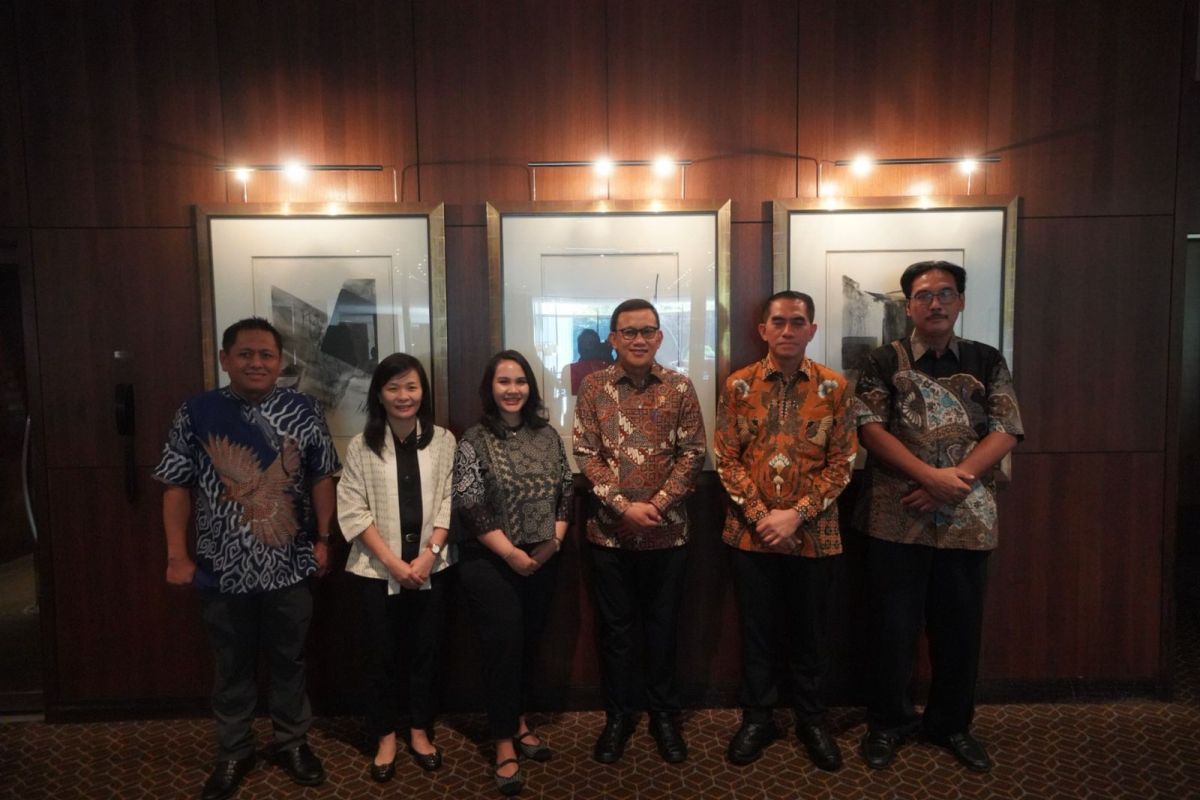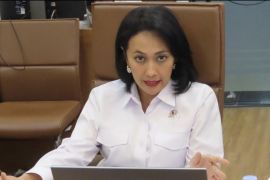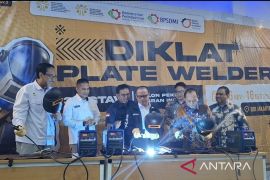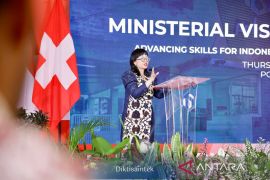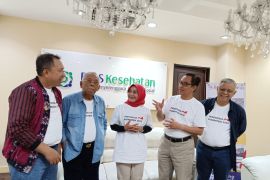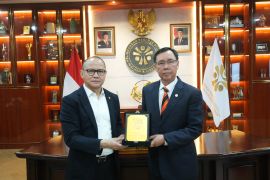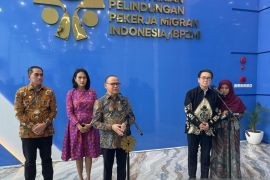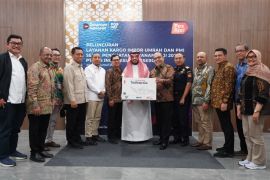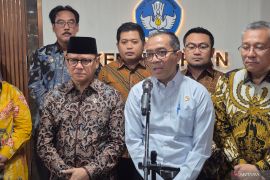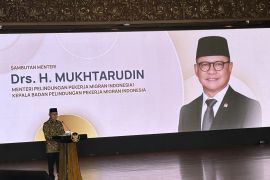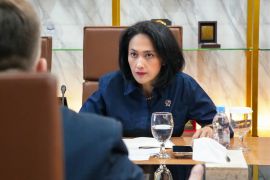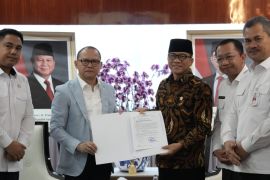The discussion took place during a ministry delegation’s working visit to Japan from August 19 to 26, aimed at optimizing placement management and enhancing protection and empowerment for Indonesian migrant workers (PMI).
“One of the main challenges in preparing workers for Japan is language proficiency,” Karding said during a meeting with PT Bisa Ruang Nuswantara (BIRU) officials in Japan on Sunday, according to the ministry.
In the meeting, Karding inquired about the vocational program’s readiness to train workers in line with international labor market demands and the distribution of certified workers.
PT BIRU CEO Kanya explained that the program has been implemented in Java, Kalimantan, and Sulawesi. Since 2018, the company has developed training for mechanics and heavy equipment operators in collaboration with 47 partner schools.
“This year, we are also preparing a training and certification center for building cleaners that has been recognized by the Japan Association for Building Maintenance,” she said.
According to Kanya, the training lasts 10 days and costs about Rp5 million (US$307) per participant, including exams and certification. She noted that Japanese companies’ demand for skilled Indonesian workers remains high.
“Initial demand this year was for 100 building cleaner positions, while next year it is expected to increase to around 300,” she said. “Our group has absorbed around 34 percent of the workforce after training, with the rest placed in other companies.”
At the end of the meeting, Karding suggested integrating building cleaning training with Japanese language lessons. He also underlined the government’s commitment to support the development of vocational training that meets global labor market standards.
“We are preparing the curriculum and providing full support. We hope the vocational program will not only meet the needs of domestic industries but also offer certified and globally standardized pathways for Indonesian workers,” he said.
During the visit, the delegation also held meetings with several key authorities to discuss issues concerning Indonesian workers already in Japan and those in the placement process.
In addition to visiting Miyagi Prefecture, the delegation met with the Indonesian Embassy in Tokyo, Minister of Justice Keisuke Suzuki, the Japanese Minister of Agriculture, Forestry and Fisheries, and local business leaders.
Related news: Ministry plans agency for training migrant workers
Related news: Minister seeks skilled workforce via Migrant Center
Translator: Asri Mayang Sari, Katriana
Editor: Primayanti
Copyright © ANTARA 2025
